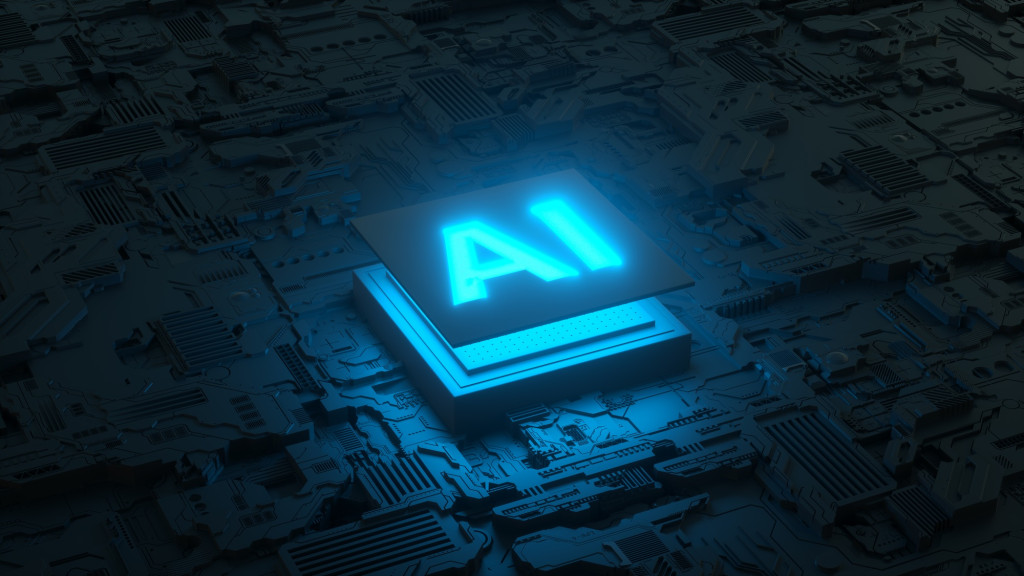UN Security Council holds high-level debate on artificial intelligence
The UN Security Council held a high-level open debate on artificial intelligence on 24 September, chaired by Republic of Korea President Lee Jae Myung. UN Secretary-General António Guterres and expert speakers warned that AI, while offering opportunities for development, also poses risks ranging from cyberattacks to autonomous weapons. Council members voiced concerns over military misuse, digital inequality, and the need for global rules, with differing views on whether governance should be centralized or left to national frameworks.

The United Nations Security Council held a high-level open debate on artificial intelligence on 24 September, under the agenda item Maintenance of international peace and security. The session was chaired by Republic of Korea President Lee Jae Myung, as part of his country’s September presidency of the Council. UN Secretary-General António Guterres, AI scientist Yoshua Bengio, and computer science professor Yejin Choi provided briefings to the Council, setting the stage for member states and invited speakers to discuss both the opportunities and risks of artificial intelligence for global peace and security.
Secretary-General António Guterres described AI as a ‘double-edged sword,’ capable of advancing development goals but also posing existential threats if misused, particularly in the military sphere. He warned against leaving critical decisions to machines and renewed his call for a legally binding treaty banning lethal autonomous weapons systems without human control by 2026. He also highlighted the risks of AI-enabled cyberattacks, disinformation, and the concentration of technological power in a few hands, stressing that ‘innovation must serve humanity – not undermine it.’
Yoshua Bengio cautioned that scientists still do not know how to guarantee AI systems will act safely and consistently with human values. He outlined potential dangers such as malicious use in bioweapons or cyberattacks, and the risk of disproportionate political or military power falling to a few actors. Bengio called for stronger global oversight, more research into safe AI, and significant investment in trustworthy systems.
Yejin Choi stated that while AI has accelerated scientific discovery and offered major benefits, its development is concentrated in a small number of companies and countries. This, she argued, narrows global participation in shaping the technology. She urged new approaches to build AI that is more inclusive, adaptable, and usable across different languages and cultural contexts, stressing that ‘access must be the north star’ if AI is to serve humanity.
Council members and invited leaders reflected diverse perspectives. France described AI as the defining technological revolution of the century, while the United Kingdom emphasised resilience as the key to managing rapid change. Several speakers, including Slovenia’s President Nataša Pirc Musar and Greece’s Prime Minister Kyriakos Mitsotakis, highlighted the dangers of AI in modern conflicts, warning against the development of autonomous weapons. Pakistan’s Defence Minister Khawaja Muhammad Asif pointed to the use of autonomous munitions during regional clashes, stressing that AI lowers the threshold for the use of force and reduces space for diplomacy.
African leaders raised concerns about digital inequality. Somalia’s President Hassan Sheikh Mohamud warned of the risk of ‘digital colonialism,’ noting Africa’s limited data infrastructure compared with the rest of the world. Sierra Leone’s Foreign Minister Musa Timothy Kabba drew parallels with past technologies that harmed Africa, calling for global frameworks to ensure equitable governance. Algeria highlighted the continent’s low internet coverage and data capacity as barriers to fair participation in the AI era.
Other representatives called for stronger international regulation. Panama urged the creation of a global framework for transparency and accountability in AI. China emphasised building a global consensus on governance, while Portugal underscored that human accountability must remain central in decisions involving the use of force. By contrast, the United States opposed centralised global control, warning that overregulation could stifle innovation and risk concentrating power further.
Throughout the debate, participants agreed that AI holds significant promise but also carries serious risks, particularly in warfare and disinformation. Many called for international cooperation to ensure the technology is developed and used responsibly, with human judgement remaining at the core of critical decisions.


